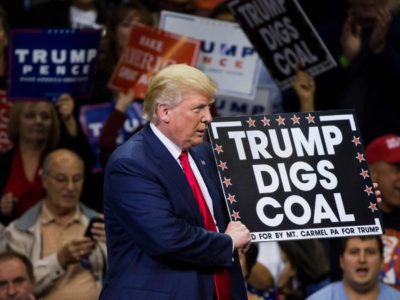China Vice-President Xi Jinping in America: some thoughts on US-China environmental collaboration
Some sobering developments confront us on the climate and environment front as Vice-President (and future head of China) Xi Jinping prepares to visit the United States this week. Despite an unprecedented push to reduce pollution and develop cleaner energy sources, China’s emissions of greenhouse gases and traditional pollutants have continued to soar. Chinese annual greenhouse gas emissions (GHGs) surpassed the US in 2007. In 2010, they were 20% greater. By 2015, Chinese GHGs are projected to exceed US emissions by 50%. In the meantime, opponents of climate change action in the US – the world’s largest historical emitter of GHGs – have largely been successful in blocking comprehensive federal action on climate change, and US efforts to develop “green tech” industries remain fragile and under continual attack.
In past meetings, the US and China have established a modest, but constructive, platform for clean energy and environmental cooperation. But, given still-weak progress toward a comprehensive climate solution, what should China and the US do next to build upon this foundation?
What the US can learn from China – embracing the economic opportunity in clean energy and environmental protection. In its 11th and 12th five-year plans, China has turned to clean tech and environmental protection industries as a way to upgrade its economy and build profitable, job-producing industries for an energy-constrained 21st century. Energy security and continuance of China’s “economic miracle” are prime motive forces. In the US, we know the global competition for energy resources will continue to increase, and we are well aware of the tremendous costs of fossil fuel use. Yet, we have been unable to take the steps necessary to compete for the clean energy industries of the future. The point that the US is losing out to China in the clean energy race has been made many times in recent years. But it needs to be made again. We have either not heard the message, or those with a stake in the fossil fuel economy have been too successful in blocking efforts to move the US toward a cleaner, more prosperous future.
What China can learn from the US – implementation. China’s efforts to promote energy efficiency and pollution control have born some fruit. But weak rule of law and limited transparency have allowed long-standing implementation problems to persist. Some of the worst problems occurred in 2010 when a number of cities shut down power to hospitals or other public services in order to “meet” energy efficiency targets. The recent PM2.5 (fine particulate) air pollution controversy in Beijing has thrown China’s data quality problems into stark relief. Stories of power plants installing, but not using, pollution control equipment abound. These sorts of implementation problems damage the credibility of China’s environmental efforts, and make it difficult for China to improve energy security and limit the harms of environmental degradation. Power outages and “cancer villages” do not go away just because environmental targets have technically been met. Genuine implementation needs to occur. In this respect, the US has a great deal to offer. It has a mature enforcement framework with a long history of successfully enforcing environmental laws without slowing economic growth. Continued US-China collaboration on enforcement and rule of law can help China to bolster its ability to implement its goals at the local level, and offer the globe some breathing space as it looks for broader solutions to climate change.
In recent years, climate change and environment have become central issues in the US-China relationship, yet these problems remain far from a resolution. Let’s hope the two nations take advantage of Xi’s visit next week to push forward more concrete initiatives and meaningful further action.






Reader Comments